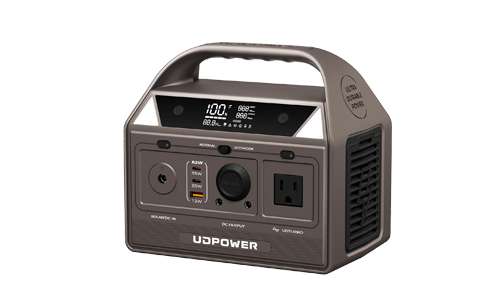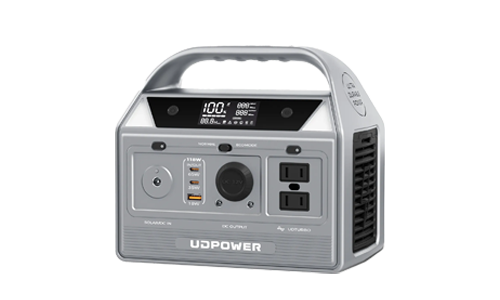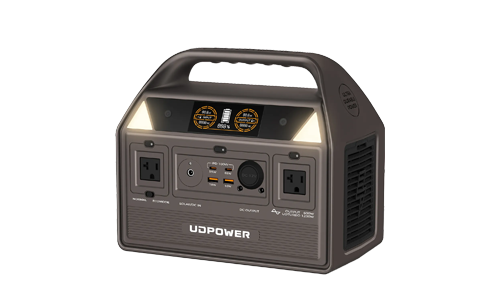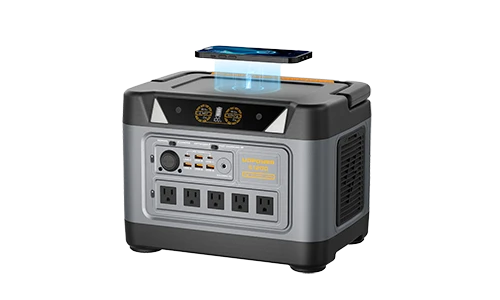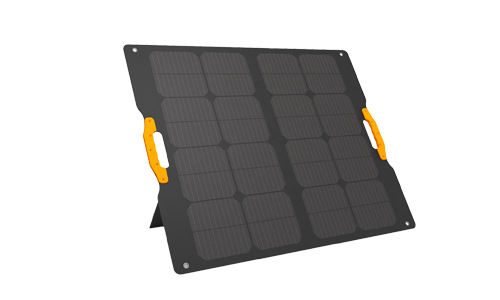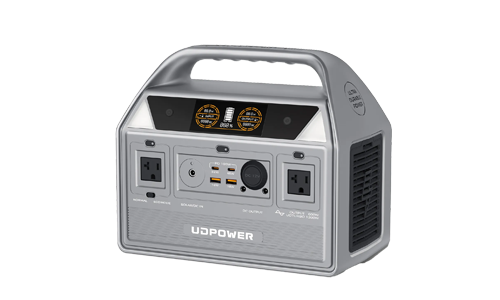12 Proven Benefits of Camping (and How to Make the Most of Each One)
ZacharyWilliamA practical, hype-free guide to the real reasons camping makes life better—plus simple, repeatable habits to carry those gains back home.
Introduction: Why Camping Still Works
Modern life is noisy—constant pings, bright screens, and tight schedules. Camping strips that away just enough to feel human again. From car camping and glamping to RV sites and backpacking overnights, you can choose the level of comfort and challenge that fits you now, then level up later. The goal isn’t to “crush miles.” It’s to come home a little lighter, clearer, and more capable.

1) Stress Relief & Mental Reset
Why it helps: Natural environments lower cognitive load and calm the nervous system. Even a single night outside can quiet the “tabs” left open in your head.
- Schedule a quiet hour at camp—no tasks, no photos.
- Try a two-line journal before bed: “What did I notice?” / “What can wait?”
- Keep your first day light: arrive early, set up, wander.
2) Better Sleep & Circadian Rhythm
Why it helps: Dimmer evenings and early morning light nudge your internal clock back on track. Cooler night air and the hush of wind or water don’t hurt either.
- Go screens-off after sunset; use red-light mode if you must.
- Match pad R-value to season; bring a pillow you actually like.
- Take a short dawn walk to anchor your wake time.
3) Physical Fitness—Without “Working Out”
Why it helps: Camp chores and mellow trails stack up gentle, functional movement.
- Build in casual movement windows: morning loop, post-dinner stroll.
- Pack a light activity toy (frisbee, hammock, paddle).
- Track how you feel—energy and mood—more than numbers.
4) Digital Detox & Focus
Why it helps: Fewer notifications = more attention for conversations, surroundings, and your own thoughts.
- Use airplane mode and set a small “photo window.”
- Bring offline entertainment (paper map, cards, paperback).
- Tell friends you’ll be slow to reply for the weekend.
5) Stronger Family & Friend Bonds
Why it helps: Shared tasks and fireside time make teamwork and stories.
- Assign simple roles: fire lead, water runner, dish crew.
- Use campfire prompts: “high/low of the day,” “a story from childhood.”
- Cook one group recipe (foil packs, one-pot pasta) so everyone contributes.
6) Confidence & Self-Reliance
Why it helps: Solving small problems builds competence you carry home.
- Create a skill ladder: boil water → start a fire → pitch in wind → map/compass loop.
- Practice one new skill per trip; debrief what worked and what to pack next time.
- Keep a micro repair kit (tape, cordage, multi-tool, zip ties).
7) Creativity, Mindfulness & Mood
Why it helps: The textures and patterns of nature spark creative thinking and quiet attention.
- Try a 10-minute sit-spot: same rock/log, same time, notice sound and light.
- Pack a tiny sketch kit or pocket notebook; doodle, don’t judge.
- Collect soundscapes—name three distinct sounds on a walk.
8) Affordable Mini-Vacations
Why it helps: Campsites often cost less than a single restaurant meal, and most gear gets reused for years.
- Start with a lean kit: borrow/rent the big three (tent, bag, pad).
- Cook simple menus (oats + coffee; wraps; chili; s’mores).
- Look for shoulder-season dates and weeknight openings.
UDPOWER S1200 Portable Power Station
Keep essentials running at camp—lanterns, phones, cameras, and small appliances for short intervals—and recharge from wall, car, or compatible solar panels. A practical, quiet alternative to gas generators for family-friendly sites.
- Reliable portable power for weekend trips
- Multiple output ports for mixed devices
- Pairs well with foldable solar panels (sun-dependent)

9) Kids’ Learning & Development
Why it helps: Camping is hands-on science, risk assessment, and responsibility—disguised as pure fun.
- Give kids real micro-jobs (tent pole helper, trail snack lead).
- Bring nature ID cards or a bug viewer; let curiosity lead.
- End each day with a 3-question check-in: surprise, tricky bit, tomorrow’s try.
10) Environmental Stewardship & Gratitude
Why it helps: Time outside fosters care for the places that host us.
- Practice Leave No Trace basics (stay on durable surfaces, pack out trash).
- Do a two-minute micro-cleanup before you leave your site.
- Notice one thank-you moment: clean water, shade, stars.
11) Community & Belonging
Why it helps: Campgrounds, ranger talks, and trail days connect you with people who love the same spaces.
- Say hi to neighbors; swap one tip (trail, café, viewpoint).
- Check the ranger board for talks or volunteer events.
- Join a local club or group that does monthly outings.
12) Adventure, Novelty & Life Satisfaction
Why it helps: New places and small challenges break routine and create vivid memories.
- Map a progression: easy car camp → hike-in site → one-night backpack.
- Chase micro-novelty: a new park, a different camp cuisine, a sunrise paddle.
- Keep a camp log with one photo and three sentences per trip.
How to Maximize the Benefits (Quick Start Plan)
Set a Trip Intention
Pick one: rest, connection, or skill-building. Let that guide your schedule.
Pick the Right Campsite
- New to camping? Choose a drive-in site near water/restrooms.
- Want quiet? Look for walk-in or hike-in sites with fewer neighbors.
Pack Simply & Safely
- Big Four: shelter (tent/tarp), sleep (bag/pad/pillow), cook (stove/fuel/lighter), light (headlamp + spare batteries).
- Clothing: base (wicking), mid (fleece), outer (rain/wind), warm hat, dry sleep socks.
- Food & water: easy breakfasts, one-pot dinners; filter or extra jugs.
- Safety: offline map, small first-aid kit, sun/bug protection, repair kit.
Sample 2-Night Itinerary (Low Stress)
Friday: Arrive by 4 p.m., set up, 20-minute walk, simple tacos, campfire prompts.
Saturday: Dawn walk, pancakes, short trail with lunch, hammock/reading hour, one new skill (fire, knots), chili dinner, stargaze.
Sunday: Slow breakfast, pack up, micro-cleanup, café stop. Five-minute debrief: what to repeat, what to change.
Common Roadblocks (and Friendly Fixes)
- “I don’t have gear.” Borrow or rent the big items. Start in mild weather.
- “I’m worried about wildlife.” Store food properly; learn local guidelines; keep distance.
- “I sleep poorly in tents.” Upgrade your pad, add a real pillow, wear a warm hat and dry socks.
- “I’m not outdoorsy.” Begin at a campground with amenities and pick one nearby trail. Outdoorsy is learned.
Quick Packing Checklist
- Reservations & offline map
- Tent, stakes, mallet; tarp or footprint
- Sleeping bag, pad, pillow
- Headlamp + spare batteries
- Stove, fuel, lighter; pot/pan; mug/bowl/spork
- Water filter or jugs; bottles
- Simple food plan (2 breakfasts, 2 dinners, snacks)
- Layers: base, fleece, rain jacket, warm hat, dry socks
- First-aid & repair kit; sunscreen; bug repellent
- Trash bags; paper towels; biodegradable soap
- Notebook/cards/book; camp chairs; small broom/dustpan


